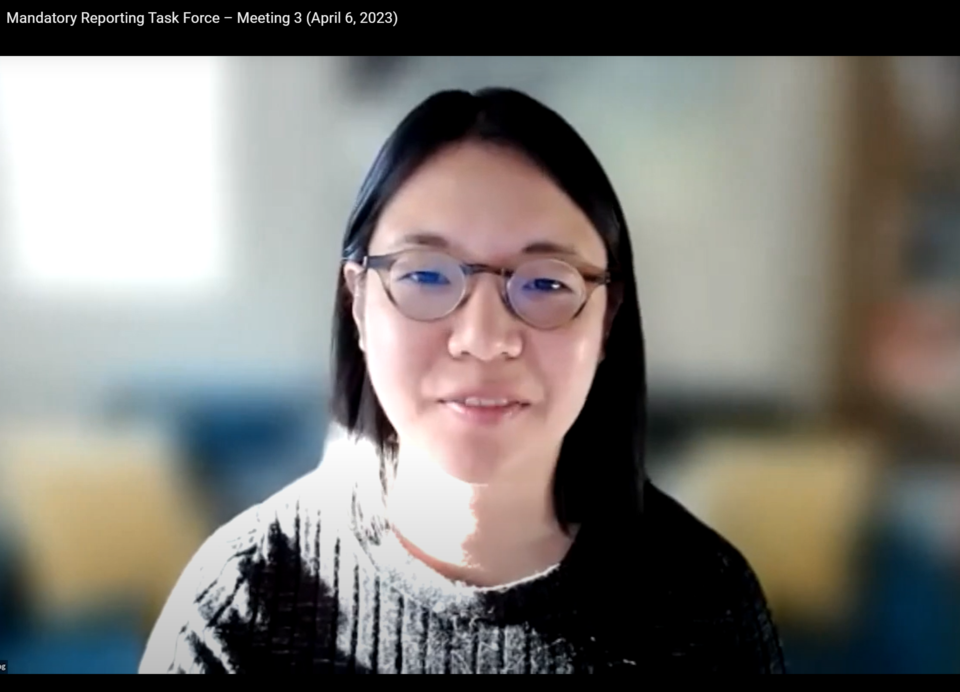Colorado’s Mandatory Reporting Task Force held its third meeting April 5 and further discussed the effectiveness of the state’s child abuse reporting law.
Lawmakers created the task force last year after the death of Olivia Gant, a 7-year-old who died of medical abuse. The girl’s mother pretended the child was terminally ill, and while medical staff suspected the abuse, they didn’t report it.
During its latest meeting, the task force heard from four panelists who’ve experienced what it’s like being taken away from their families under the child protective services system.
One of the panelists, Sam Carwyn, was in foster care for several years when she was a young child, before she was adopted by her aunt. She said her mother struggled with substance abuse, but by the time she achieved sobriety and stability, it was too late for her to get her children back.
“The reality of it is what happened when she was 15, 16, 17, created a bias that didn’t allow her the opportunity to raise her children once she was older,” Carwyn explained.
Carwyn, who has worked in the child protective services system on case management and family reunification, said parents can often become the victim of false mandatory reporting because of cultural divides, and the judgement of parenting through a specific lens.
“Being able to slow down and communicate is important,” she said. “I think before a report, there’s a conversation.”
The other panelists — Tara Doxtater, Shayna Koran and Nate Hailpern — agreed that there are cultural divides that may be impacting Colorado families.
“I think cultural competency is really important … once a report’s made, it’s going to go to somebody else who, more than likely, is not going to live in that community and cannot relate to the culture or that demographic,” Hailpern said.
Mandatory reporters include teachers, principals, doctors, nurses and dozens of other professionals who work with children. Some reporters need to be aware of their own biases, Koran said.
“We’re not all the same, and we don’t all have the same values or perceptions of things,” she explained.
Many mandatory reporters contact child protective services as “a way to help families connect with resources,” said Dr. Kelley Fong, an assistant professor of sociology at the University of California, Irvine, who shared her research on mandatory reporting with the task force during its latest meeting.
“Reporting has ballooned beyond kids in grave danger to encompass families whom professionals believe could benefit from these kinds of resources for parenting or programs that mandated reporters are looking for,” Fong explained.
The Mandatory Reporting Task Force includes 32 representatives from government agencies, nonprofit organizations, schools, parent groups, law enforcement agencies and medical centers. The group is scheduled to meet 10 more times over the next two years, and then submit a final report of findings and recommendations to the Colorado General Assembly, Gov. Jared Polis’ office and the Colorado Department of Human Services.
The group’s next meeting is scheduled for May 10. All meetings are open to the public.


.jpg;w=120;h=80;mode=crop)
